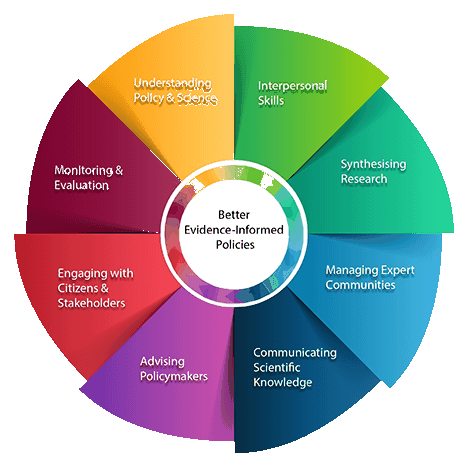
In today’s rapidly evolving technological landscape, it is crucial for businesses in the tech sector to invest in employee training programs for skill enhancement. This is no longer just an option, but a necessity, as staying ahead of the competition requires a highly skilled and adaptable workforce. By providing effective training programs, companies can empower their employees to acquire new skills, improve their productivity, and contribute to the overall success of the organization.
The Importance of Continuous Learning
One of the key challenges in the tech industry is the constant emergence of new technologies, frameworks, and tools. It is essential for employees to keep up with these developments to stay relevant in the field. By offering training programs, companies demonstrate their commitment to continuous learning and help employees stay ahead of the curve.
Furthermore, continuous learning fosters a culture of innovation and creativity within the organization. It encourages employees to explore new ideas, experiment with different approaches, and think outside the box. These skills are invaluable in the tech sector, where innovative solutions are in high demand.
Identifying Skill Gaps
Before implementing any training programs, it is essential to identify the skill gaps within the workforce. This can be done through comprehensive skill assessments, employee surveys, or performance evaluations. By understanding the areas where employees lack expertise or need improvement, companies can design targeted training programs that address those specific needs.
Additionally, it is crucial to involve employees in the process of identifying skill gaps. This not only ensures their buy-in but also provides valuable insights into their individual career goals and aspirations. Collaborative planning allows companies to align training initiatives with employee interests, thus creating a win-win situation for both the organization and its workforce.
Designing Effective Training Programs
When designing employee training programs for skill enhancement, several factors need to be considered:
1. Clear Objectives
Define clear and measurable objectives for the training programs. What skills do you want employees to acquire or improve? Establishing tangible goals helps in assessing the effectiveness of the training and ensures alignment with organizational needs.
2. Tailored Approach
A one-size-fits-all approach rarely works when it comes to training programs. Different employees have different skill levels and learning styles. Personalized training materials and instructional methods can significantly enhance the effectiveness of the programs.
3. Blended Learning
Blend various learning techniques to create a comprehensive training experience. Combining online courses, workshops, mentorship programs, and practical hands-on exercises allows employees to engage with the content deeply and apply their new skills in real-world scenarios.
4. Subject Matter Experts
Engage subject matter experts from within the organization or external professionals to deliver the training. These experts bring their wealth of practical knowledge and industry experience, enhancing the overall quality of the training programs.
5. Ongoing Support
Employee learning should not end with the completion of a training program. Offer continuous support through coaching, mentoring, and follow-up sessions to reinforce the learning and provide opportunities for employees to seek guidance and clarify doubts.
Measuring the Impact
Once the training programs are implemented, it is essential to measure their impact on the organization and the individual employees. This can be done through various methods, such as performance assessments, feedback surveys, and key performance indicators (KPIs).
By analyzing the data collected, companies can evaluate the effectiveness of the training programs and identify areas that need improvement. This feedback loop enables organizations to continuously refine and enhance their training initiatives based on the evolving needs of the workforce and the market.
In conclusion
Employee training programs for skill enhancement are pivotal in the tech industry to keep up with the ever-changing landscape. By investing in these programs, companies ensure that their workforce remains competent, adaptable, and ready to tackle emerging challenges. Effective training programs not only benefit individual employees but also drive innovation and contribute to the overall success of the organization.


